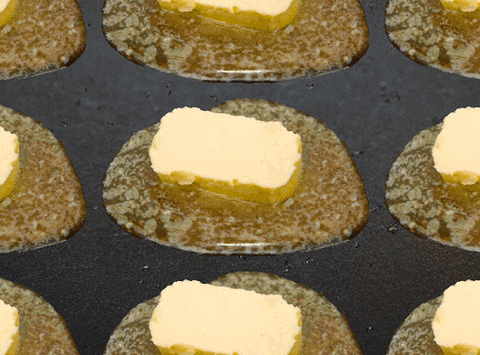The Canadian dairy industry is telling its 10,000 farmers to ‘pause the palm oil.’
The issue: Buttergate.
Backstory: In late 2020, social media debates surfaced when consumers became curious about what was up with their butter. Many were noticing that their butter spreads were stiff and less spreadable at room temperature than normal. Canadian foodie and cookbook author Julie Van Rosendaal went as far as to call it ‘rubber-like.’
And if there was any year to notice a change in the butter dish, 2020 was it. Sales jumped 12.4% during the pandemic.
So what led to the mystery dairy spread debacle?
Rumors spread that lower-grade butter was hitting retail shelves as it was diverted from closed schools and restaurants. Others simply blamed colder temperatures.
The lead culprit: palmitic acids.
The fatty byproducts of palm oil processing are in the spotlight as producers ramped up its use last year when demand for butter surged. The feed additive increases butterfat components in the milk without increasing the overall quantity. It became the perfect solution to supply the butter boom without flooding a liquid milk market with plummeting demand.
Worth noting: There’s no scientific evidence proving the palm oil derivative is causing the hardened butter…yet.
Where this goes: In late February, the Dairy Farmers of Canada officially asked producers to switch away from palm oil to feed alternatives while they investigate consumer complaints. An expert working group has begun the process of digging into the data to reveal the root issue.

